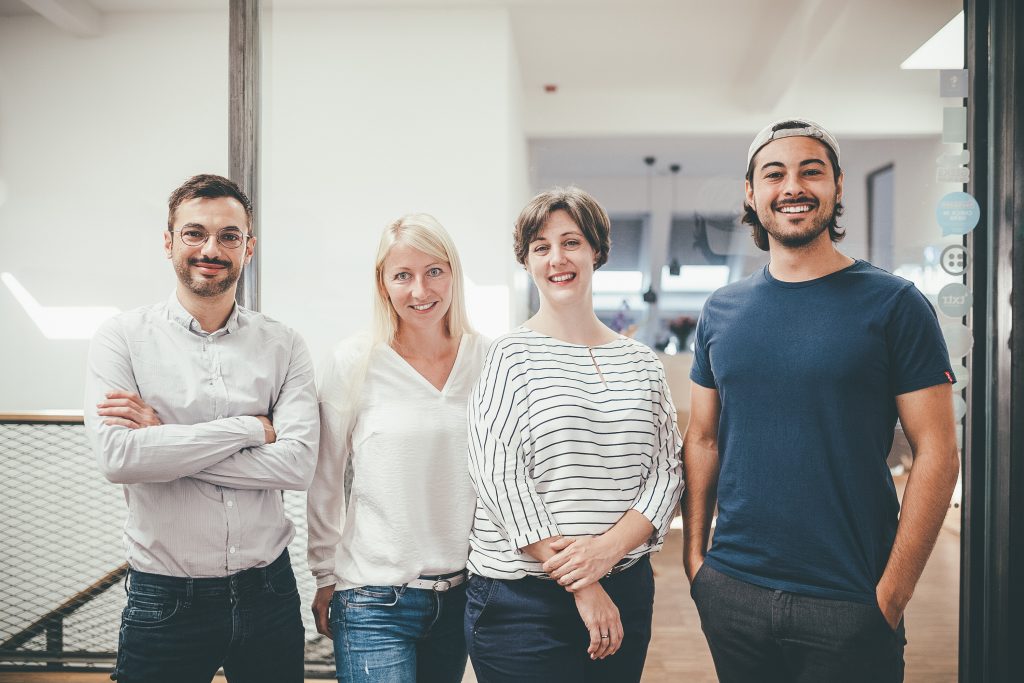What do we want? Animal-free cheese! When do we want it? Just as soon as it’s approved!
Sustainable protein companies such as Formo and Remilk are using precision fermentation in innovative ways to develop animal-free versions of well-loved foods such as cheese. On the other side of the coin, consumers are chomping at the bit to try these products, with one survey showing that over 70% of people are already keen to buy this kind of animal-free cheese, even though it hasn’t hit the market yet.
Some countries, such as Singapore, are racing ahead with building the regulatory frameworks for novel foods, including fermentation-derived cheese. Last year, Singapore also famously became the first country in the world to approve the sale of cultured meat.
In Europe, the process is still a bit further behind. The regulatory challenges in the EU involve understanding how the European Commission and other authorities view cultured products and what data they want to see to demonstrate safety.
Navigating novel food regulations
During our Future Food Series: Precision Fermentation webinar , we spoke with Dr Hannah Lester about the regulation of alt-proteins products. Hannah is the Head of Regulatory Affairs at Gourmey and the CEO of Amgen Regulatory Consulting. Her job involves advising companies (mainly startups) on how to get their product through regulatory approval, which she does by helping them to build the safety data needed to convince regulatory authorities that their product is safe to enter the food chain.




